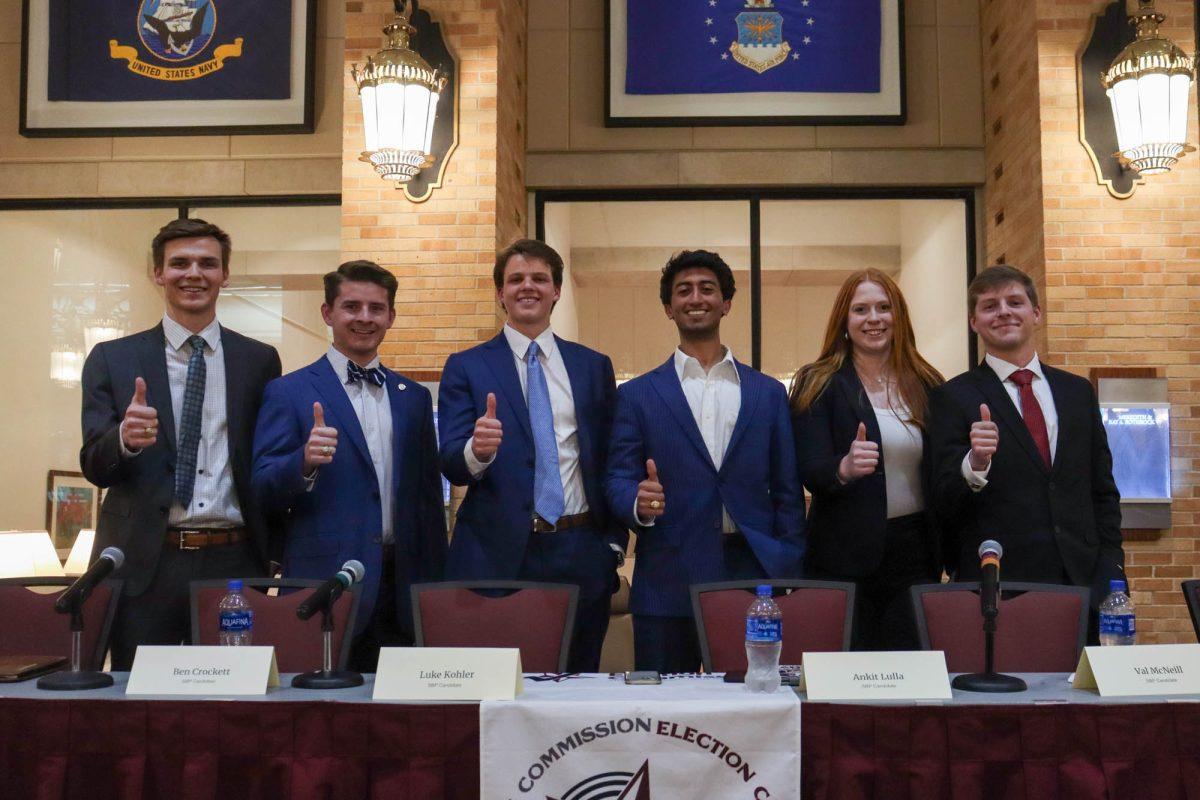Education in the United States has become a serious flashpoint for controversy in recent years. This has taken the form of debates over topics as varied as curriculum, the utility of standardized testing or the growing shortage of teachers in the public school system. But in all the arguments over what students are learning, not nearly enough attention is being paid to another important question: Are students learning very much at all compared to students in past generations?
The answer, according to a recent study in the journal Education Psychology by Rutgers University psychology professor Dr. Arnold Glass, is a resounding “No” and one doesn’t have to look hard to find a culprit: mobile phones and laptops. In his study, Glass divided 118 college students into two groups and had each take identical sections of a lecture course taught by the same professor. One group was allowed to bring laptops and phones into the classroom while the other was not, except for limited instances when laptops were needed to take online exams. After several weeks, Glass administered a 126-question multiple-choice exam over the material covered by the lecture. The results were decisive. On average, the non-electronics group scored about half a letter grade higher than students who were allowed access to electronics. This aligns with other psychology research that has found multi-tasking and receiving electronic notifications during a lecture significantly harms long-term memory formation.
It has been nearly two decades since the first iPhone was introduced in 2007, and since then mobile phones and other electronic devices have become ubiquitous in classrooms as well as society at large. Simultaneously, many of us have noticed how much harder it is to sit down and read large blocks of text or just pay attention to the world around us without instinctively reaching for a phone or mobile device.
I see this every day as a history department teaching assistant at Texas A&M. While someone who mostly came of age in the iPhone era, I’ve been shocked by the inability of students only a few years younger to pay attention to lectures in class without constantly checking their texts or playing muted videos on their laptops. Just this semester, I helped proctor a 20-minute quiz that most students finished a few minutes early. Although phones were strictly prohibited during the quiz, I had to repeatedly ask several students to put theirs away before time was up. At one point, while I was at the front of the room, an entire row in the back took out their phones and were playing games or were on social media by the time I made it back to them. Contrast this to the experience of American students a mere 200 years ago who, according to social historian Gordon Wood, might be expected to sit at attention for hours at a time while their professor read straight from a textbook or forced them to repeat material until memorized, often in Latin, Greek or Hebrew.
At the same time, who can really blame the students of today for not living up to these standards? Software programs on phones and laptops are designed to be as addictive as possible to maximize user engagement. According to former Google engineer Tristan Harris, for instance, features like the bright red number on top of unread text notifications or the endless scroll feature on social media sites like Twitter deliberately mimic the same dopamine reward-feedback loop that causes people to become addicted to gambling slot machines. A&M has many excellent and engaging lecturers, but even Cicero himself might struggle to hold an undergraduate student’s attention when forced to compete against this panoply of distractions. It seems unfair to criticize students as well — it’s not exactly their fault they were born in an era when their attention span could be monetized for billions of dollars by large tech firms like Facebook or Google.
How can we solve this issue? I have no real solutions for our society-wide problem of information overload and over-easy distraction, but perhaps we can start in the classroom, making the lecture hall a little more like it used to be in the generations before us. History teaches this would not be as radical a change as it might at first appear. Certainly, A&M Wi-Fi is already striving valiantly to return students to a pre-Internet era (no doubt so they can focus more easily in class).
Joking aside, however, what would happen if a professor in a large lecture class prohibited laptops and phones from being out in their classroom and required notes to be taken on pen and paper? Many students would complain, of course, that writing out notes by hand takes longer and is harder to read later. But this was the way things were for centuries before the present day and all of those students managed. On the other hand, such a change would almost certainly help students pay attention and retain the information they learn. And who knows, once students are forced away from their devices for three hours out of the week, they might even come to enjoy the feeling of being able to think clearly and for long periods of time in other areas of their life as well.
Partick Grisby is a second-year history graduate student and teaching assistant at Texas A&M.


























